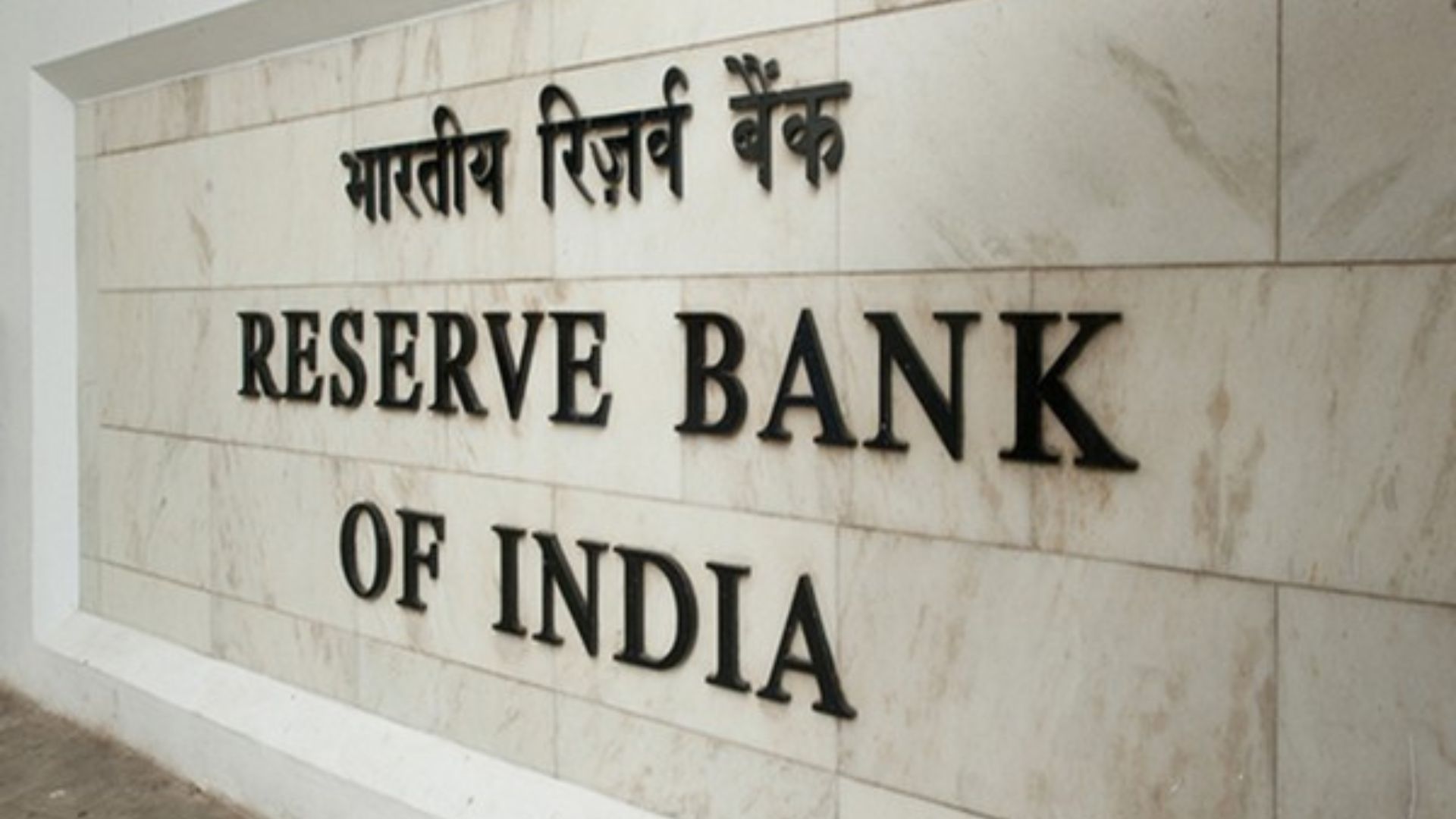Have you ever asked yourself why the t e r m F i n T e c h sounds so familiar? Do you know you and your family much like everyone around you are key contributors and participants in this revolution?
FinTech is a term used to describe financial technology. It’s the seamless amalgamation of finance and technology and includes a wide range of products, services, technologies and business models that have already revolutionized the financial services industry, in ways to make financial processes more efficient by disrupting traditional methods. Everything from cashless payments to virtual currencies and crowd funding to AI advisory is FinTech. So, if you have ever paid for a product or service using your phone, completed a money transfer through an app or checked your bank statement online, then you are part of this growing multibillion-dollar industry.
Why such an impact? FinTech services are designed around the customer, are easy to access, convenient, safe, secure and deliver conclusively irrespective of your location or time. Currently it will be hard to identify one industry or business vertical which is not a part of the FinTech revolution, be it travel, hospitality, entertainment, retail, banking, healthcare, law etc. Hence, every corporate worth its salt is investing, exploring opportunities in the FinTech space.
Globally, as of 2018, investment in the FinTech sector have soared and up by USD 100 billion since 2010. Payments through fintech products have surpassed USD 4 trillion dollars. Not only has FinTech changed the way people track, manage and facilitate their finances, but has filled a void for people who do not have access to the traditional banking services (an estimated 2 billion people worldwide as of 2018). China and India are leading the way with more than half of consumers using services like money transfer, financial planning, borrowing and insurance.
FinTech in India
India has been at the forefront of the FinTech revolution and is recognized as the country with the 2nd highest number of startups in the FinTech sector after the United States, with India’s Fintech market expected to touch USD 31 billion by the year 2020 as per Niti Aayog. USD 6 Billion worth of investments have already been placed in the Indian market.
The Indian FinTech industry is just about two decades old, but its growth here has been remarkable and unprecedented. The growing popularity of digital economy has propelled the growth of many financial start-ups in India as well as the entry of global FinTech players. There is also a lot of investor excitement in this space. Investment of USD 300 million by Berkshire Hathaway Inc in Paytm and USD 85 million by Visa into Billdesk are indicative of the rising global interest in Indian FinTech. Apart from these, other top investors in Indian FinTech include SoftBank’s Vision Fund, Temasek, Tiger Global, Tencent, Sequoia Capital, Blume Ventures and Nexus Partners.
With a range of options, including e-wallets, einsurance and e-banking, the variety of services provided in this sector are immense and have transformed the way consumers carry out daily transactions. The EY Global FinTech Adoption Index 2019 has reported India’s FinTech adoption rate at 87%, as opposed to a 64% global rate. The growth of the Indian FinTech industry is testimony to the quality of the country’s startups and tech community. As per the Indian Fintech Report 2019, over 4000 FinTech startups have emerged in less than 3 years.
Being touted as one of the world’s largest FinTech hub, India is clearly experiencing a ‘FinTech Boom’.
Landscape of India’s FinTech Industry
In India, Banks have always been the traditional gateway to payment services but with the rapid changes in technology, this domain no longer remains the monopoly of banks. Over the years, the Reserve Bank of India (RBI) has encouraged greater use of electronic payments to be able to achieve a “less-cash” society. The objective has been to provide a payment system that combines the attributes of safety, security, enhanced convenience and accessibility, leveraging technological solutions that enable faster processing.
In recent years, payments infrastructure in India has significantly evolved with the introduction of new payment modes and interfaces, be it Immediate Payments Service (IMPS), Unified Payments Interface (UPI), Bharat Interface for Money (BHIM), Bharat Bill Pay System (BBPS) or Aadhaar-enabled Payment System (AePS). This has changed the retail payments scenario of the country with a nine-fold increase in total volume of retail electronic payments over the last five years.
Although, India’s FinTech sector is spread across various segments such as Payments, Credit, Investment Management, Personal Finance Management, BankTech and InsurTech, however, digital payments have definitely outgrown other segments in terms of breaking boundaries for adoption, scaling-up and brand recall. FinTechs in most other segments have also initiated the market making process and are likely to witness their own breakthroughs with time. For instance, in a move which is likely to give a push to InsurTech sector, the Insurance Regulatory and Development Authority of India (IRDAI) has issued guidelines relating to insurance repositories and electronic issuance of insurance policies. Further, per the IRDAI (Issuance of e-Insurance Policies) Regulations 2016, it has become mandatory for every insurer to issue e-insurance policies that fulfil the requisite criteria in terms of Sum Assured or Premium, as prescribed under the said Regulations.
India’s fintech segment has expanded by leaps and bounds, and the data around this industr y points to a strong growth potential going forward. Digital payments systems have undoubtedly been the flag bearers of the Indian FinTech space with presence of some breakthrough platforms such as PayTM, PhonePe (backed by Walmart), MobiKwik, Freecharge etc. The recent global tie-up between Facebook and Reliance Jio is expected to further transform the digital payments sector in India, with key focus on hyperlocal digital commerce, expanding to tier 2 and 3 cities and even rural areas. The country’s digital ecosystem will get a massive boost at a time when contactless and cashless payments are being promoted to maintain social distancing for curbing the spread of COVID 19. This only reinforces and endorses the strength of India’s FinTech industry, which is continuously creating transformational waves across the financial ecosystem in India, even during a pandemic.
Growth of India’s FinTech Industry
A range of factors have contributed towards the success and development of the FinTech ecosystem in India. Owing to factors such as rising availability of smartphones, increasing internet access and high-speed connectivity, India has become one of the world’s largest and fastestgrowing bases of digital consumers and is digitizing faster than many mature and emerging economies. A report by McKinsey Global Institute reported that core digital sectors already constitute a large and growing portion of India’s economy and could contribute $355 billion to $435 billion of GDP in 2025.
This, together with the implementation of certain policies has had a significant impact on the socio, economic, industrial and business environment in the country. Government initiatives like Demonetization was the catalyst to a paperless, cashless system to digitized, electronic, technology driven platforms which aided the already existing FinTech revolution. Among other initiatives of relevance were the ‘Make in India’ and the ‘Digital India’ initiatives taken by the Government which have changed the face and outlook of the Indian economy. The Digital India initiative, core focuses is creation of digital infrastructure, for delivering services and to increase the digital literacy, are all policies that have led to a radical transformation in traditional financial and business services, brought about by technology and innovation.
Apart from this, the government’s push towards financial inclusion for India’s population is a critical factor as well. In this direction, the Government launched the ‘Jan Dhan Yojana’ scheme which aims to provide a bank account to every citizen. The government’s biometric identification database, Aadhar, which contains information of over 1 billion Indian citizens can be used to minimize the effort required for first-level verification of customers. The FinTech start-ups have capitalized such opportunities to leverage upon their technological skills to undertake KYC process electronically thereby resulting in saving paperwork, time, costs etc.
Regulatory Framework
There is no single set of regulations/guidelines which uniformly govern the FinTech space in India. The Payment and Settlement Systems Act, 2007 is the principal legislation governing payments regulation in India. The said Act prohibits commencement and operation of a “payment system” without prior authorization of the RBI. On October 11, 2017, the RBI issued the Master Direction on Issuance and Operation of Prepaid Payment Instruments (“PPI Master Directions”) which prescribe the eligibility criteria for PPI issuers, permissible debits and credits from PPIs and other operational guidelines to be followed by PPI issuers while issuing PPIs to their customers in India.
Further, the growth of FinTech companies in India has given rise to increasingly important issues such as accessibility to customer data, data privacy and protection. In the absence of a comprehensive data privacy framework, the Information Technology Act, 2000 and the Information Technology (Reasonable Security Practices and Procedures and Sensitive Personal Data or Information) Rules, 2011 are two key regulations governing protection of personal data. The Government of India has also introduced the draft Personal Data Protection Bill, 2019 which seeks to provide for protection of personal data of individuals and establishes a Data Protection Authority for the same. The Bill is presently under review by the joint parliamentary committee. However, to ensure the growth of FinTech sector without interruptions will require, swift, timely and comprehensive policy decisions with a global objective.
Future of FinTech in India
FinTech has the potential and power to impact and reshape the financial and banking services landscape in India in fundamental ways. The country is a fertile ground for a FinTech revolution, owing to factors such as an innovation-driven startup landscape, large market base, high penetration of smartphones, young population along with adaptable regulatory policies and government-led initiatives and push to the industry. Further, increase in awareness of financial technology, with more consumers getting familiar with the fact that FinTech platforms are available to make payments and transfer money, has given the Indian FinTech industry an impetus and extra boost. This indicates a positive shift and presents a huge growth potential for the industry.
Another key factor that will propel the growth of FinTech is the growing partnerships with the traditional banking, insurance, and retail sector. While on one hand, traditional banks and insurance companies are yet to embrace a customercentric model, FinTech players have recognized the need for increased customer-orientation and accessibility. By providing c u st o m i z e d , t a rge t e d products and services, Fin Tech companies are actively catering to the evolving consumer demands like convenience, personalization, transparency, accessibility, security, and ease of use. Collaborations of FinTech companies with key sectors can further propel growth, helping them reengineer themselves for better products which will go beyond the realms of digital wallets and payment gateways. The uniqueness of FinTech is the binding of technology with commerce!
Adv. Siddhartha Kumar is Partner with Dua Associates, he was assisted by Adv. Kritika Sharma, Senior Associate,














